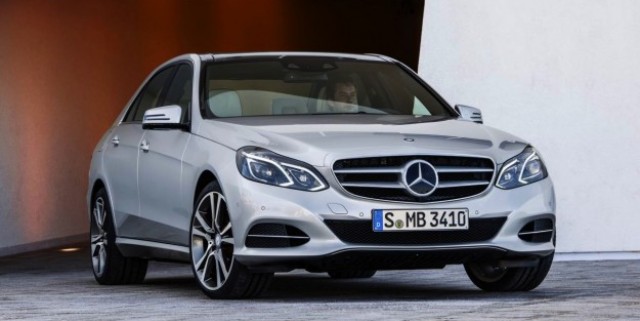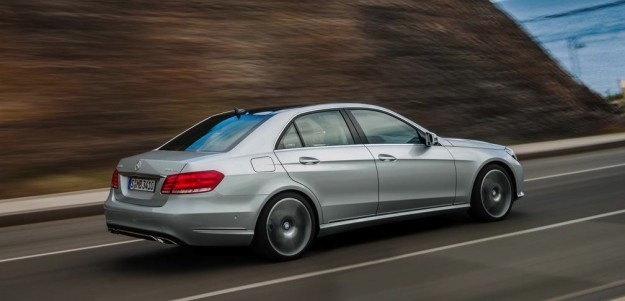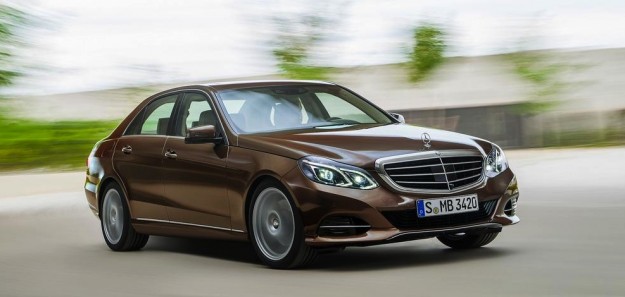
Mercedes-Benz is still investing in future diesel passenger cars despite continuous improvements in petrol engines and ongoing mainstreaming of hybrid technologies.
Speaking to CarAdvice at the Detroit auto show this week, the head of group research and Mercedes-Benz Cars development at Daimler AG, Thomas Weber, said the long term future of diesel engines in passengers cars is not yet decided but that the technology “offers a lot of opportunity” for the future, specially in terms of range.
When asked if petrol engines will overtake diesels in terms of fuel efficiency in the long run, Weber admitted the difference between the two is getting less and less but the winner is still obvious.

“From an engineering point of view, the pure diesel is always a little bit better [than petrol]” he said.
He hinted that the petrol engines need to incorporate the benefits of diesel engines (in terms of energy extraction) by referring to the company’s experimental 1.8-litre DiesOtto petrol engine (name comes from a combination of Diesel and Otto – the surnames of the two inventers of the diesel and petrol engine respectively) which at last count had 175kW of power and 400Nm of torque and sipped less than 6L/100km when coupled to the company’s heaviest car, the S-Class.
“We believe that these DiesOtto [technologies] will be necessary and with these technology packages on board, the gas engine will be as efficient as a diesel. Without that, the diesel is always better with a remaining advantage of five to ten per cent.”
Despite the reoccurring speculation that the end of the diesel passenger car is near, Weber said that diesel sales in Europe are still stable and make up more than half of passenger vehicle sales. The USA is also slowly, but surely, going the way of Australia, with a trend towards diesel passenger cars in the premium sector, making the future of diesel very commercially viable.

In regards to tougher emission and fuel economy standards coming into play in the medium and long-term future, diesel is still very much a big part of the solution.
“I think, without diesel it will be hard or you will have to do everything with hybrids. In the end diesel offers a lot of opportunity, especially their range, so it’s not finally decided and I am happy [because] competition between technologies I always support. Never would we reach numbers like this without competition.”
Mercedes-Benz will introduce the E300 hybrid sedan (pictured above) to the Australian market later this year, marking the first time a hybrid Mercedes has been offered in Australia.





